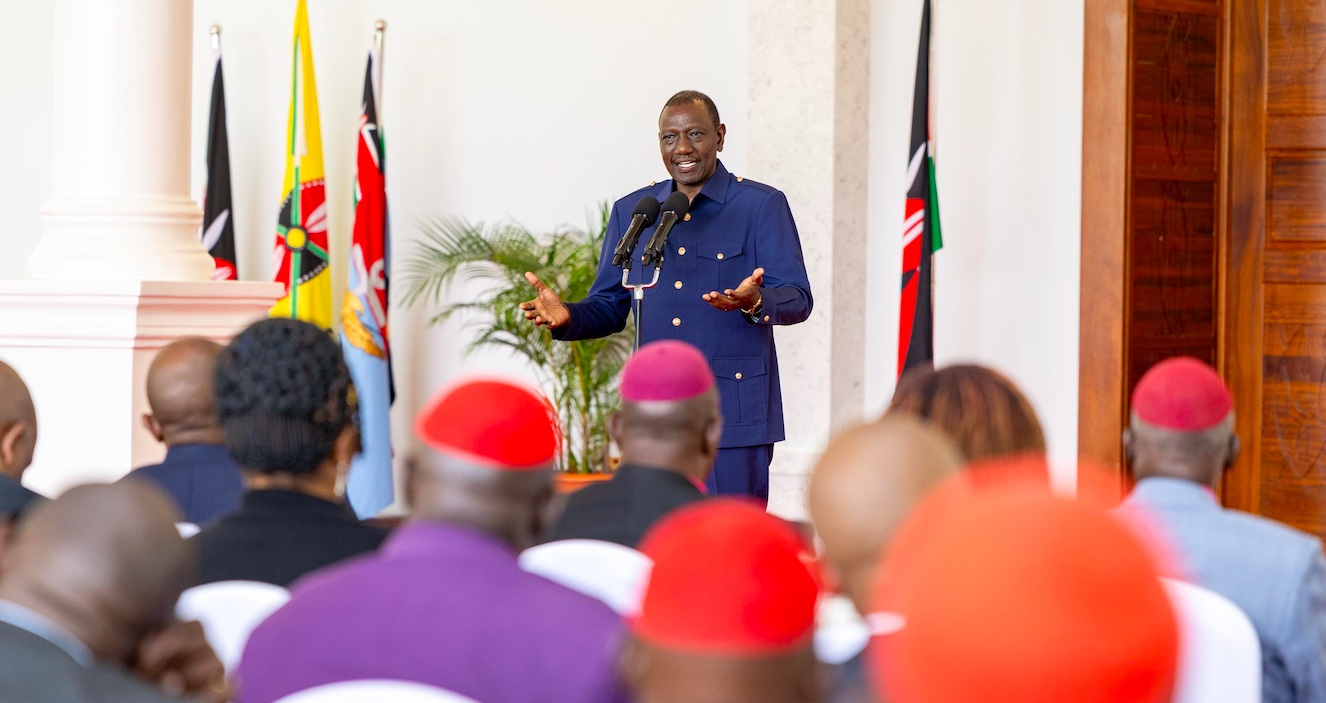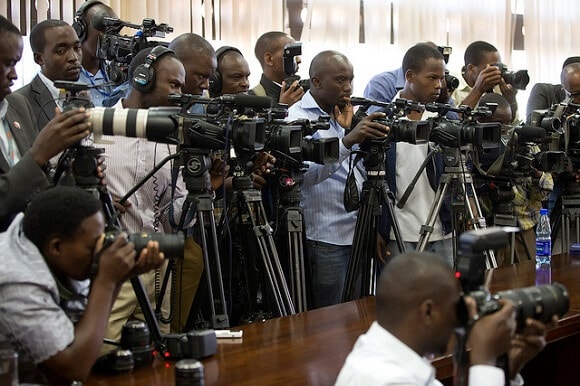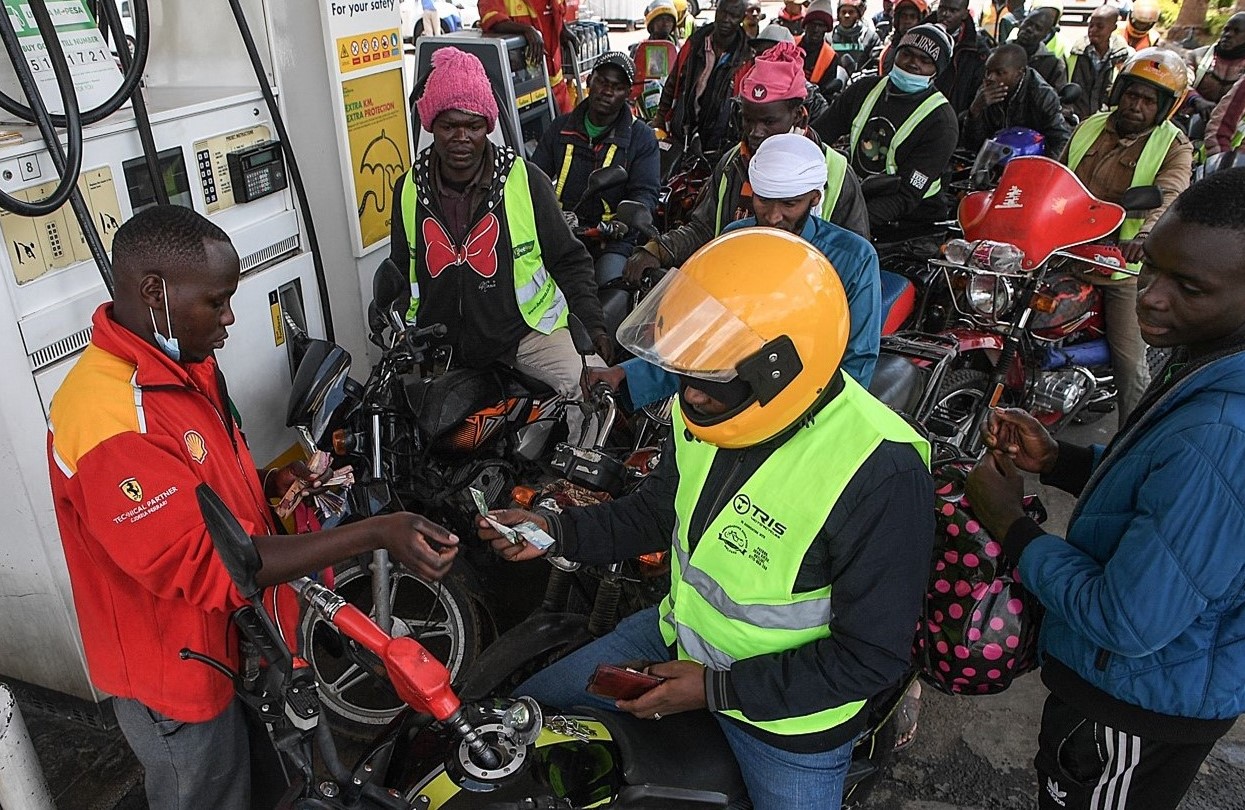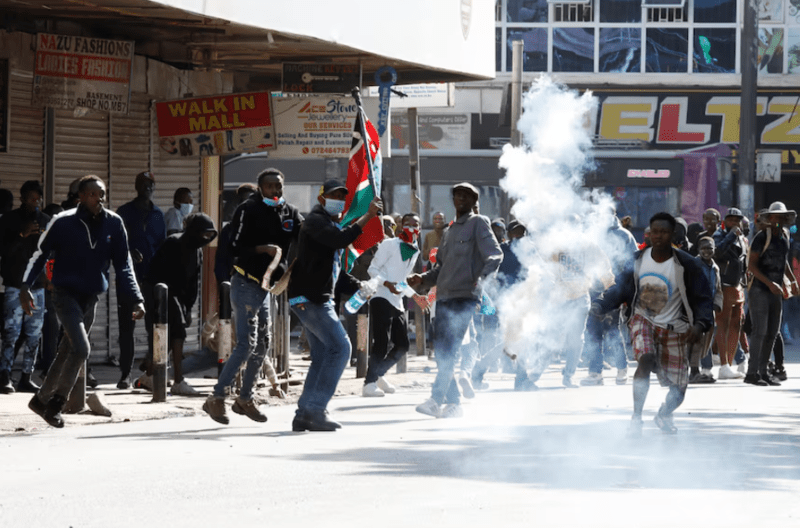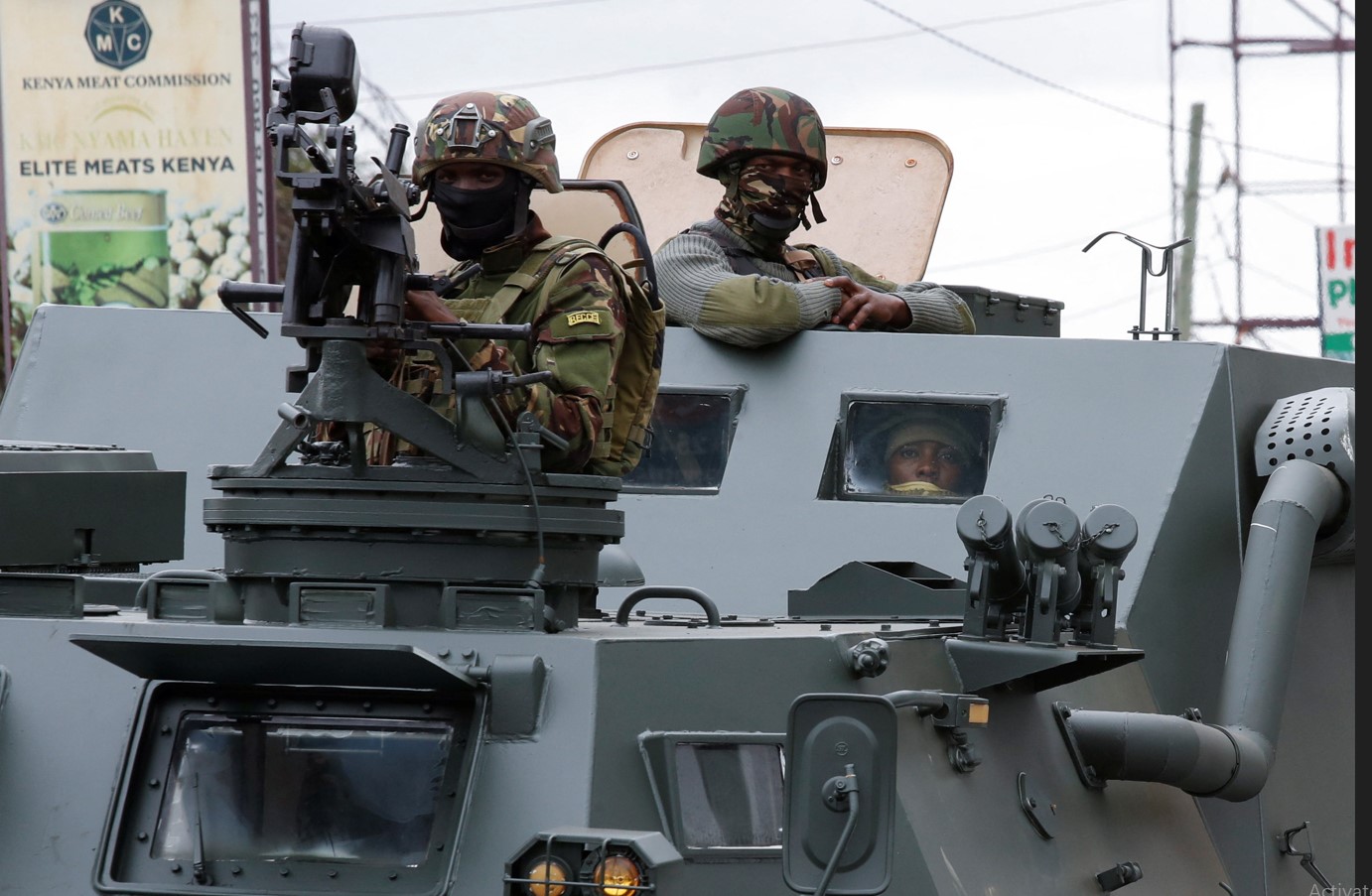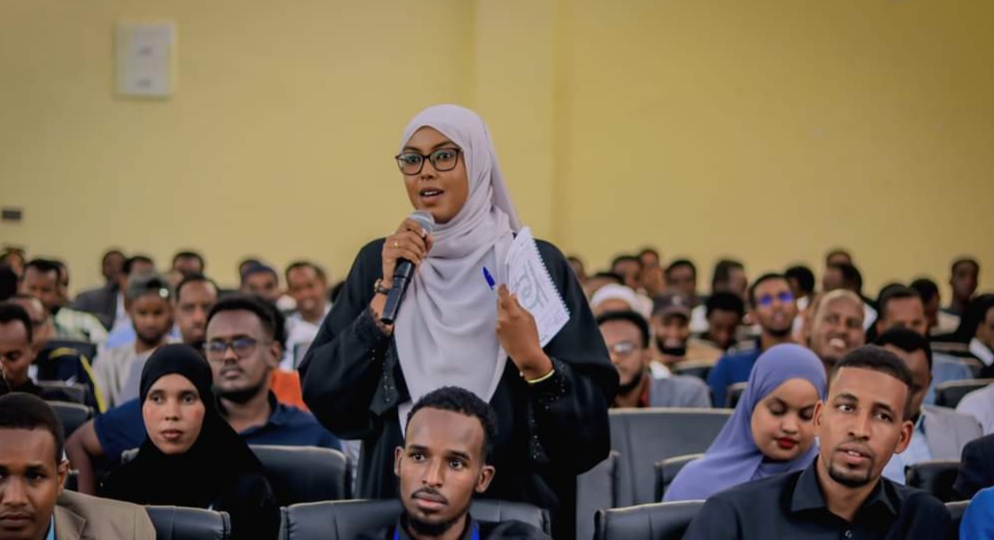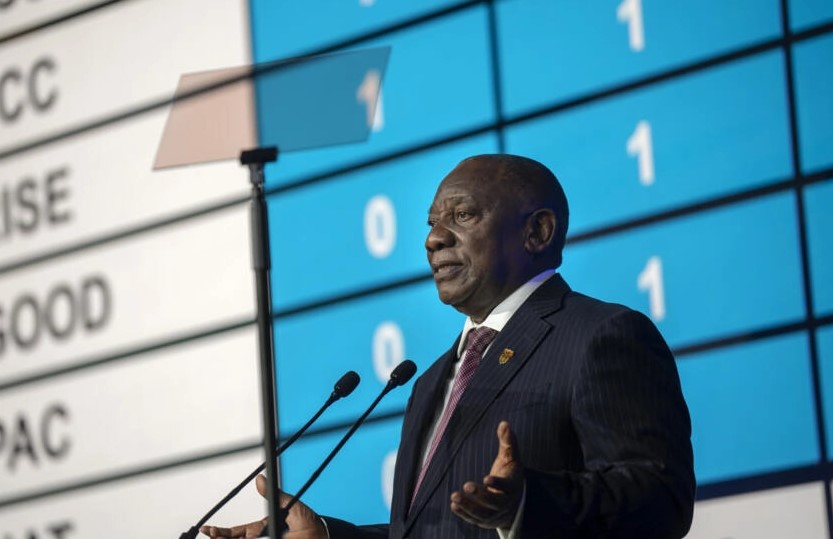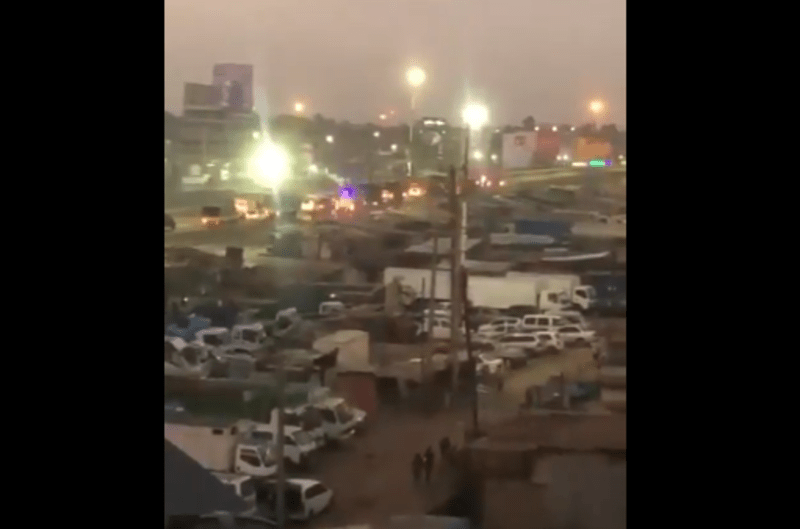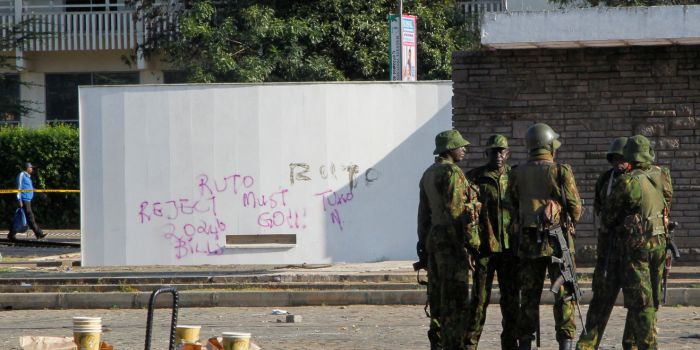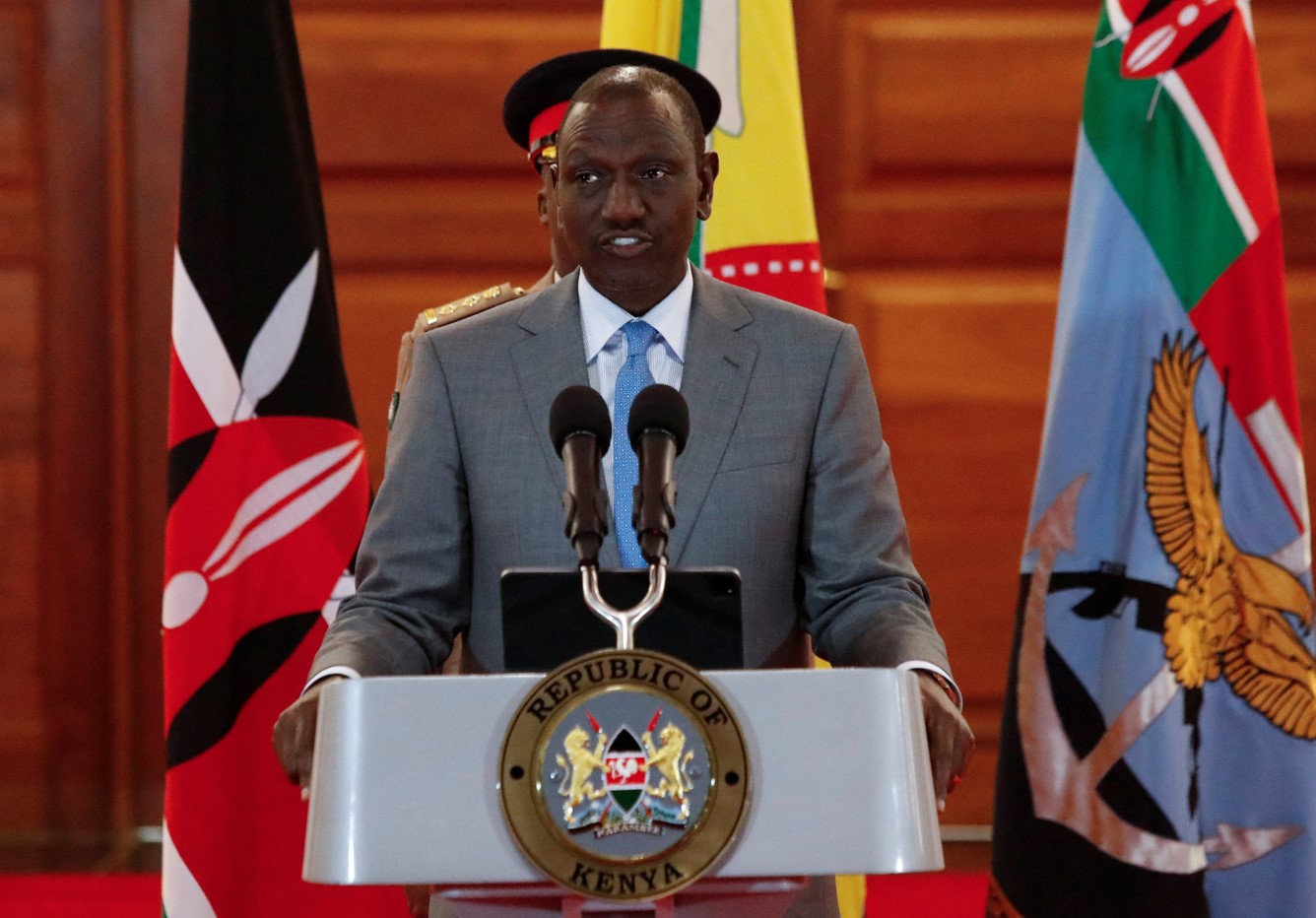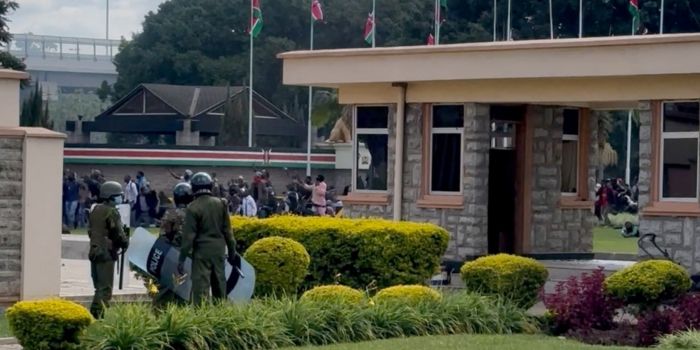Somalia, Ethiopia to have stronger GDP growth this year - World Bank

By Alfred Onyango |
Somalia's gross domestic product growth pace has been set at 3.7 per cent, compared to 3.1 per cent last year, while Ethiopia's was 7.0 per cent, 0.2 percentage points down from last year's figure.
Somalia and Ethiopia are among the low-income countries in Africa that will record stronger GDP growth this year, according to the latest World Bank projections.
The latest review for June has placed Somalia's gross domestic product growth pace at 3.7 per cent, compared to 3.1 per cent last year.
Keep reading
Ethiopia's growth rate was placed at 7.0 per cent, 0.2 percentage points down from last year's figure.
Compared to the previous review in January, the projections represent a 0.2 and 0.6 per cent upgrade, pointing towards improving economic prospects in the first and second quarters of this year.
Somalia's growth is further expected to consolidate at 3.9 percent next year, whereas Ethiopia's will remain at 7.0.
Generally, growth in low-income countries (LICs) slowed growth last year, to about 3.8 per cent, but the lender now says the prospect will recover to five per cent this year, and improve further to an average of 5.4 per cent in 2025-2026.
"Nevertheless, the average figure for LICs represents substantial downward revisions from January projections, primarily due to an ongoing high level of conflict across LICs and a consequent delay in improvements in some heavily conflict-affected LICs," the World Bank says.
The lender adds that last year's tepid growth mainly reflected increased political instability and violent conflict in some LICs, especially Niger and Sudan, and sluggish performances in some metal-exporting LICs that faced feeble external demand and lower global metal prices.
It further notes that many of these countries continue to struggle with persistent vulnerabilities and fragility, especially in the Sahel region, where violent events have increased sharply in the past year.
"Elevated violence and extreme weather events have continued to displace people, disrupt food supplies, and exacerbate poverty. Many LICs face difficult policy trade-offs. The policy space to support the poor has narrowed or been depleted in many countries, while high financing needs and limited access to new funding continue to endanger debt sustainability."




